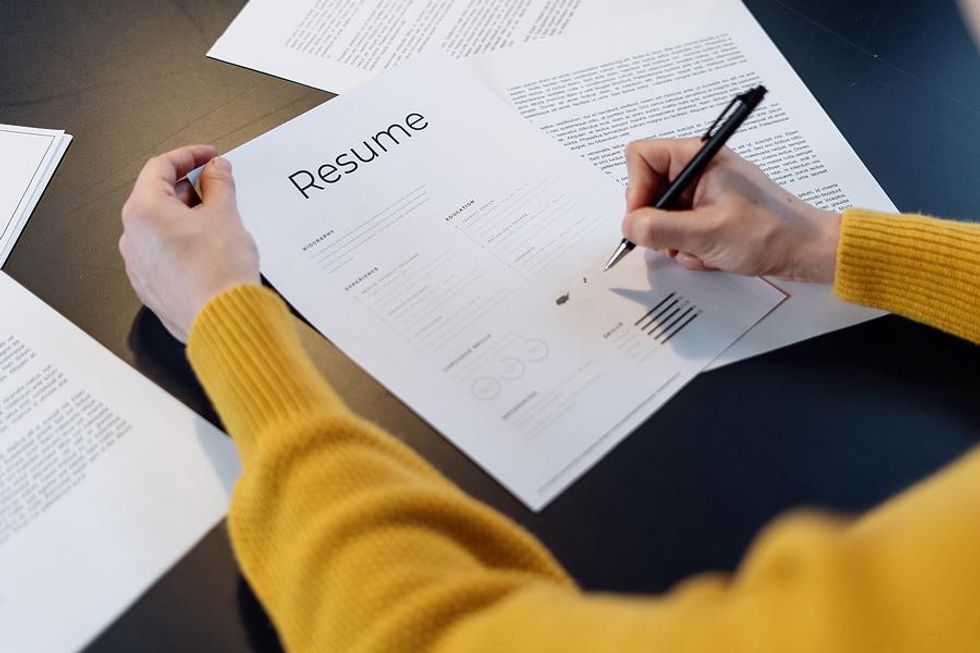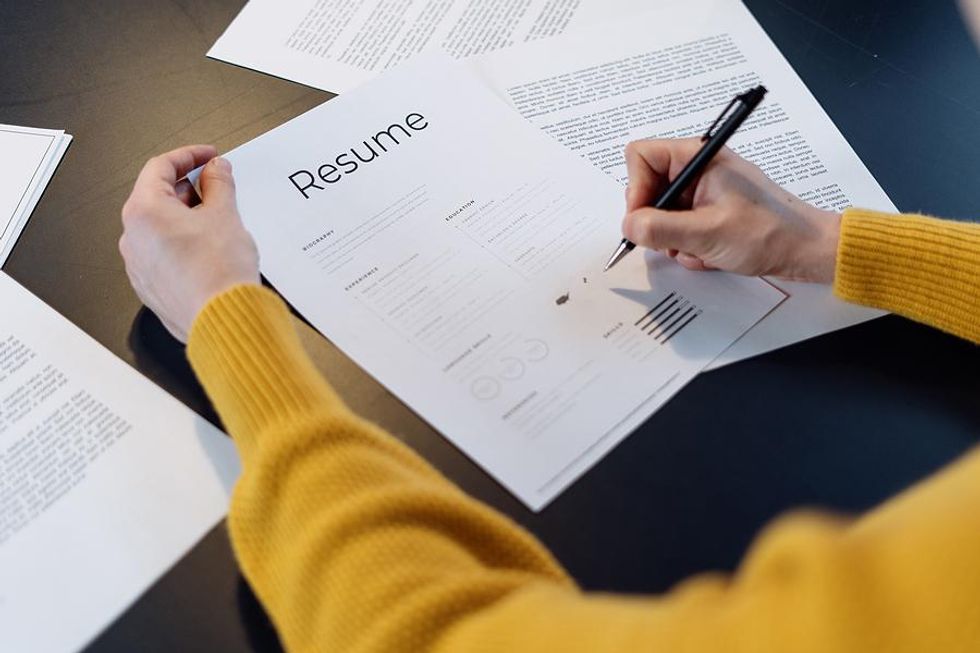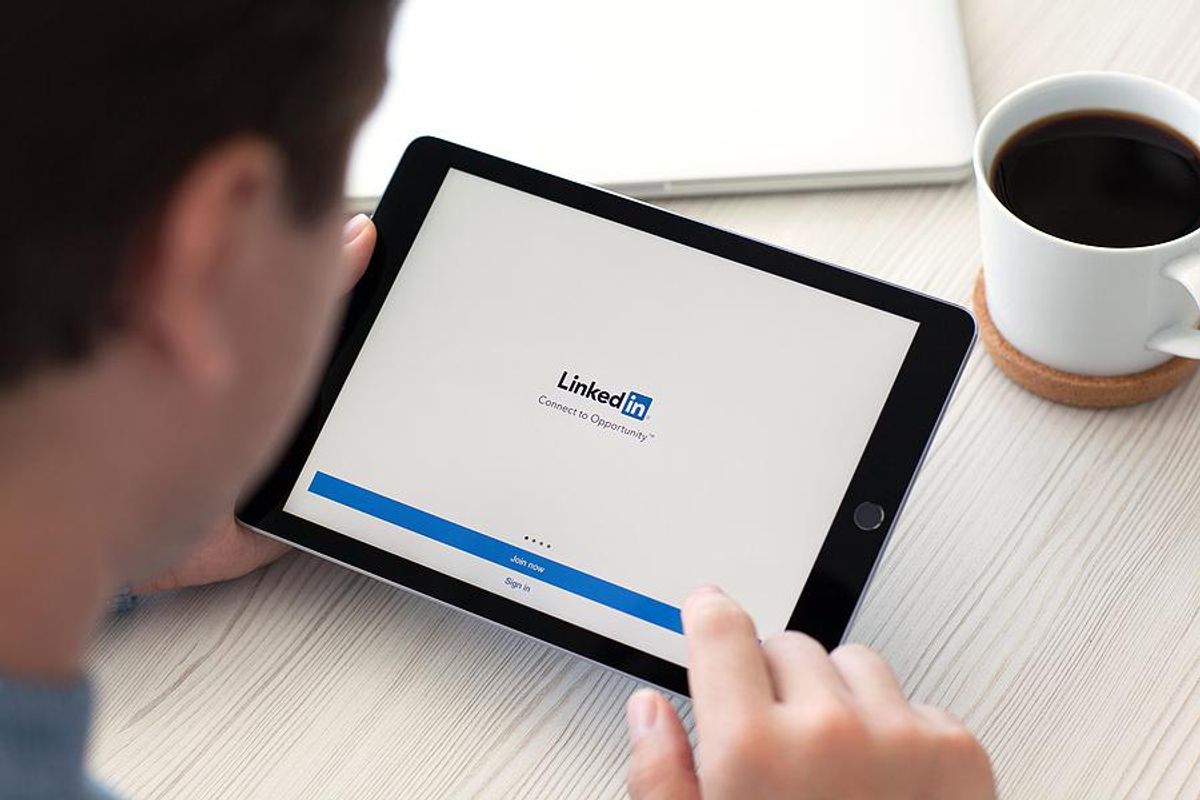4 Signs That A Company Is Not Right For You

It can be hard to turn down a job offer, especially if you’re currently unemployed. But just because you got an offer doesn’t mean the job or the company is the right fit for you.
Even getting an interview in a competitive job market is an achievement in itself, but you need to be very clear from the start of the interview process what the most important aspects of the job are to you and then prioritize them accordingly.
Obviously, salary is important, especially if you’re not working right now, but we’re all looking for different things. For some, it might be the work-life balance that is the most important; for others, a culture that fosters innovation, or maybe location or opportunities to grow and develop.
Most of us have had an experience of the job not turning out to be as promised during the interview process. But how do you know if you’ve found your perfect company? How do you determine what the red flags are, which means that the job might not be a good fit for you long term?
Here are some signs a company might not be right for you:
Disorganized Or Disrespectful Interviewers

As much as you need to impress a prospective employer during the interview process, the employer also needs to impress you. If the hiring manager is half an hour late or rushing around, this can be a sign of what the work culture is like and it shows that bringing in new talent clearly isn’t a priority.
You want to connect with your interviewer on some level during the hiring process. That will be impossible to do if they’re disorganized and not giving you the time of day.
No matter what happens in your interview, if you’re left with a bad taste in your mouth after interacting with your interviewer, that’s a red flag that shouldn’t be ignored.
You’re Not Sure About Your Future Boss

If you’re not going to get on well with your boss, chances are you won’t enjoy your work. Ask yourself whether you have a good feeling about the person who will be your manager. Will they offer you good feedback and career advice when needed? Do they know how they will measure your performance on the job? Are they approachable?
If you don’t feel your prospective manager is someone you want to work with, you might want to think twice before accepting their offer.
The Company Is Unstable And Lacks Direction

Even before the interview, there is a lot of research you can do to determine if the company is a safe bet for you. You might want to look at the changes the company has gone through in the last few years to get a sense of its stability and general direction. You might also want to research current and previous employees on LinkedIn to see what their career path has been and how long they’ve stayed in the job. You might even want to reach out to previous employees in similar roles to find out their reasons for leaving.
Also, have a look at what the employees are saying about the company on Glassdoor. I remember seeing a job posting that looked great, but before applying, I went to Glassdoor to read reviews of others who had interviewed with the company. Every single review was negative and provided specific details. Needless to say, I did not apply.
Layout Of The Workplace

We all have different work preferences. Some prefer to work in an open office space, which is probably noisier but offers more interaction between employees. Some companies have a lot of cubicles and separate offices. It provides quieter spaces to work but also less interaction with others. Other companies have a remote workforce, so could you handle working from home every day?
Does the layout of the company suit you? If you’re social and like interacting with others during the day and you’re stuck in a tiny office, you won’t enjoy it.
It’s easy to ignore red flags in the hiring process when you’re desperate for a job. To figure out whether a company is really the right fit for you, make sure you consider the four points above before accepting any job offer.
Need more help with your job search?
Become a member to learn how to land a job and UNLEASH your true potential to get what you want from work!
This article was originally published at an earlier date.











































